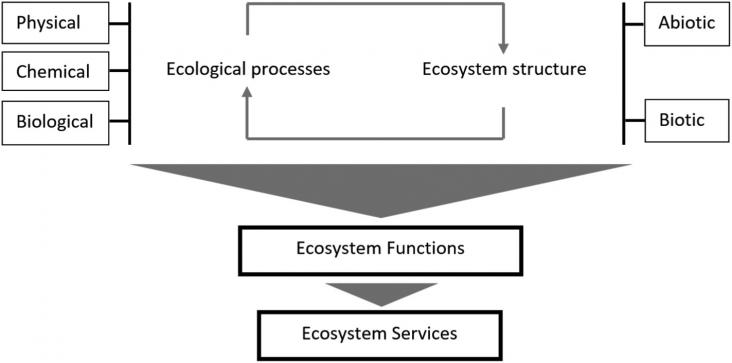
This paper aims to contribute to the limited understanding and recognition of soil ecosystem services (SoES) in spatial planning.
Droughts are significant drivers of land degradation, which in turn has adverse effects on resource-dependent rural populations and can potentially lead to livelihood losses and subsequent migratio
The Amazon is the most concentrated expression of life on Earth and it is clearly threatened.
Sea-level rise poses a significant threat to Small Island Developing States (SIDS) due to the concentration of people, assets, and infrastructure in coastal zones.
As sea level rise drives saltwater farther inland, drinking water supplies of some coastal cities will be contaminated.
Climate change has affected diverse spheres and its impact is being witnessed worldwide. Soil, the basis of human sustenance, is both directly and indirectly affected by climate change.
The Atlantic Walrus, Multidisciplinary insights into human-animal interactions, 2021, Pages 251-262
